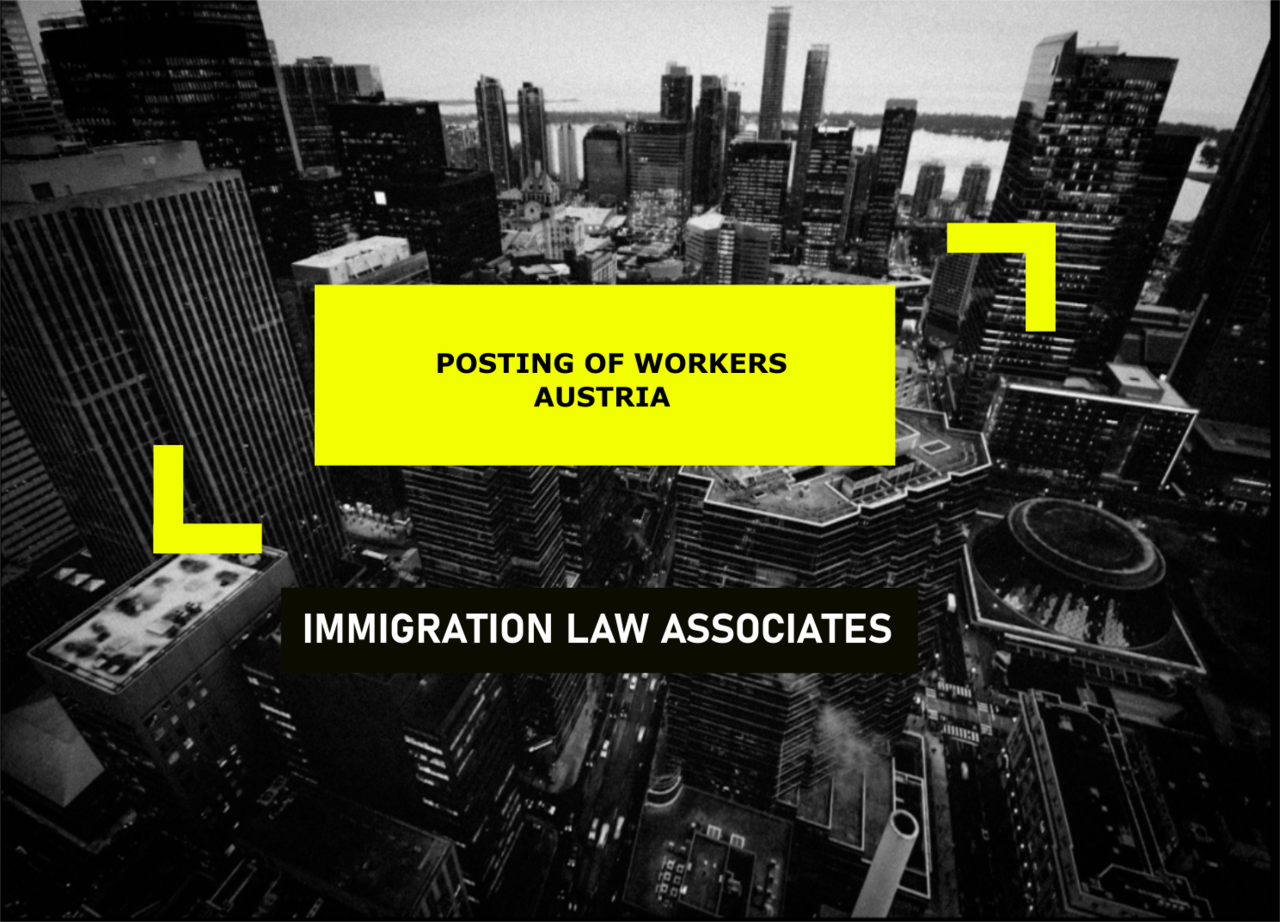Austria-full transposition of the amended Posting of Workers Directive

Austria fully transposed the Directive 2018/957/EU, by a Federal Act amending and supplementing the Wage and Social Dumping Act, the Temporary Employment Act, and the Act on the Adjustment of Labour Contract Law.
In my view, a pragmatic transposition in compliance with EU law, fairly addressing a wide range of posting scenarios, inter alia:
The list of exclusions from the scope of the Wage and Social Dumping Act is supplemented (e.g., intra corporate posting for delivery, commissioning and associated training, maintenance and repair work, if the duration of posting does not exceed two months per calendar year).
The exemption from the entitlement to at least the remuneration provided for by statutory provision or by the relevant collective agreement, that covers supplying equipment and machinery to a domestic company, is amended to exclude the mandatory subjection of the remuneration to “a collective agreement”.
The following provision was abrogated: “A posting as defined by this Federal Act shall not require the conclusion of a service contract between an employer not established in Austria and a recipient of services operating in Austria”. In my view that amendment does not trigger an obligation to conclude a service contract, but only an obligation to prove the existence of a contractual relationship, if required by the competent authority.
The Wage and Social Dumping Act is supplemented to address situations of postings that exceed the duration of 12 months, considering the replacement condition.
As regards allowances or reimbursement of expenditure to cover travel, board and lodging expenses for workers away from home for professional reasons (that pursuant to Directive 20189/957/EU “shall apply exclusively to travel, board and lodging expenditure incurred by posted workers where they are required to travel to and from their regular place of work in the Member State to whose territory they are posted, or where they are temporarily sent by their employer from that regular place of work to another place of work”), the transposition might give rise to confusion.
On a first look, the provision covers: i) reimbursement of expenses for travel, accommodation or subsistence costs incurred during the posting in Austria as stipulated by law, regulation, or collective agreement, and ii) “This reimbursement of expenses includes costs incurred when the employee travels from a regular workplace in Austria to another workplace in Austria”.
It must be distinguished between on the one hand the first category (i), and, on the other hand, expenditure actually incurred on account of the posting, such as expenditure on travel, board, and lodging, reimbursed in accordance with the national law and/or practice applicable to the employment relationship. In Austria, there is no statutory framework on reimbursement of expenditure (incoming, outgoing, or internal posting), and consequently the applicable collective agreement must be addressed as regards both categories (i and ii).
Amendments are brought to the section lays down administrative obligations (posting notification, keeping and making available mandatory documents).
Wage controls may be carried out up to one month upon completion of the posting period. The relevant documents must be submitted by the employer within 14 days of receipt of the request.
By amending the Wage and Social Dumping Act, Austria has (finally) complied with the requirement of proportionality of penalties from Article 20 of Directive 2014/67.
Failure to send the posting notification or to notify subsequent changes (or if incorrect information is intentionally provided), failure to keep the Portable Document A1, the posting notification and where relevant the authorisation to work in the country of employment, or failure to make such documents available, trigger a fine amounting to up to EUR20.000 (regardless of the number of posted employees concerned).
However, failure to make available any mandatory document in connection to “wage controls” (e.g., in the meaning of §12(1).3), triggers a fine amounting to up to EUR40.000 (regardless of the number of posted employees concerned).
“Anyone who, as an employer, employs or has employed one or more employees without paying at least the remuneration due under the law, ordinance or collective agreement, taking into account the respective classification criteria, with the exception of the remuneration components listed in Section 49 (3) ASVG”, is liable to a fine that varies between up to EUR 20.000 and up to EUR 400.000 (regardless of the number of posted employees concerned). To address the requirement of proportionality of penalties, §29 Wage and Social Dumping Act must be assessed on its merit.
The takeaway
By fully complying with the provisions of the Posting of Workers Directive, Austria has established grounds for strict enforcement of national legislation.





Please sign in or register for FREE
Sign in OR sign up to become a registered The Forum for Expatriate Management website user
Subscribe here